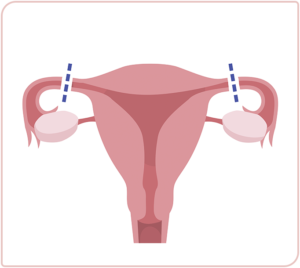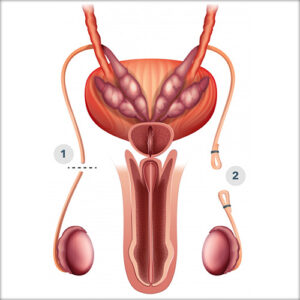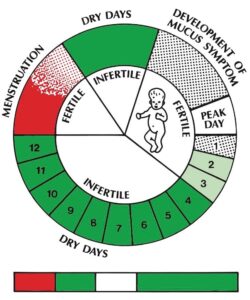Family planning is a crucial aspect of reproductive health that involves the conscious decision and effort to regulate the number and spacing of children in a family. It allows individuals and couples to make informed choices about when to have children and how many to have. There are various methods of family planning, each with its own advantages, disadvantages, and suitability for different individuals or couples. Here are some of the common types:
Contraceptive Pills:
Oral contraceptive pills contain hormones (estrogen and progestin) that prevent ovulation and alter the cervical mucus to inhibit sperm entry. They are taken daily and are highly effective if used consistently and correctly.

Condoms:
Male and female condoms act as barriers that prevent sperm from reaching the egg. They also provide protection against sexually transmitted infections (STIs). Condoms are easily accessible and widely used.

Intrauterine Devices (IUDs):
IUDs are small, T-shaped devices inserted into the uterus to prevent pregnancy. They can be hormonal (releasing progestin) or non-hormonal (copper), providing long-term protection.

Injectable Contraceptives:
Hormonal injections are administered every few months, providing temporary contraception. They contain progestin and prevent ovulation.

Implants:
Subdermal implants are small rods inserted under the skin of the upper arm. They release progestin to prevent ovulation and are effective for several years.

Sterilization:
Tubal ligation (for women) and vasectomy (for men) are surgical procedures for permanent contraception. These methods are considered irreversible, so individuals must be certain about their decision.


Tubal ligation (for women) Vasectomy (for men)
Natural Methods:
Natural family planning involves tracking a woman’s menstrual cycle to identify fertile and non-fertile periods. Methods include the calendar method, basal body temperature, and cervical mucus monitoring.

Emergency Contraception:
Also known as the “morning-after pill,” emergency contraception can prevent pregnancy after unprotected intercourse. It should be taken as soon as possible after intercourse.

It’s essential to consult with healthcare professionals to determine the most suitable family planning method based on individual health, preferences, and lifestyle. Education, awareness, and open communication are key elements in making informed choices and promoting responsible family planning.